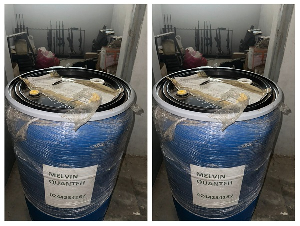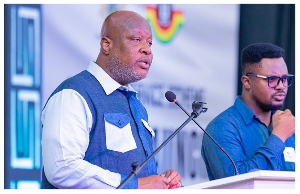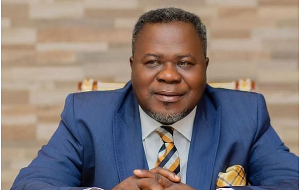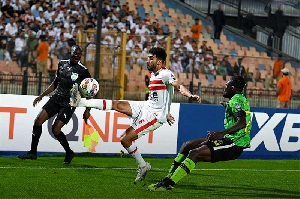Correspondence from Eastern Region
Ghana has made encouraging strides in its immunization coverage as it is named among 129 countries across the world to have attained coverage rate of over 90 percent of children vaccinated with Diphtheria-tetanus-pertussis (DTP3) immunization coverage.
Ghana achieved an estimated national coverage of 97 percent of DTP3 coverage with districts coverage estimated at 86 percent indicating a highly equitable reach.
The country also excelled in the coverage of other vaccines including 92% of Measles-containing-vaccine first-dose (MCV1), 98.2% of Bacillus Calmette-Guerin (BCG) and 97.5% of 3 doses of Oral Polio Vaccine (OPV3).
In addition to these achievements, Ghana’s Expanded Programme on Immunization (EPI) introduced three new vaccines which are Human Papillomavirus (HPV), Pneumococcal vaccine (PCV) and rotavirus bringing Ghana’s total vaccines portfolio to 13 with Global Alliance for Vaccines and Immunization (GAVI) support.
On the back of this feat, the Ghana Immunization Advocacy Initiative (IAI) Network comprising SEND GHANA, Hope For the Future Generation (HFFG) and Ghana Coalition of NGO’s in Health (GCNH) have made a call on the government to sustain it by increasing finances for vaccine procurement and immunization related activities in the country especially in the wake of the novel coronavirus (COVID-19).
Globally, the last week of every April is set aside to celebrate World Immunization Week to drum home the need for all to pay attention to the importance of vaccination.
In a statement issued by the Ghana Immunization Advocacy Initiative Network (GIAIN) and signed by the Deputy Country Director for SEND GHANA, Dr. Emmanuel Ayifah, to commemorate the 2020 World Immunization Week, the Network highlighted the need for Ghana to sustain its gains.
The Statement called on the government to as a matter of priority take steps to implement four key recommendations including:
1. Demonstrating its commitment to immunization financing as the country transition from the preparatory phase of GAVI support to the accelerated phase in 2022 and finally exit in 2026. Per the current state of affairs, it is evident that GoG cannot sufficiently cater for its own immunization by 2026 if the rate of funding commitment to immunization remains the same.
2. Ensuring a sustained and increased annual financing for immunization in the national budget. In this way, Ghana could flatten the downward curve in its contributions to RI and sustain gains made in immunization coverage.
3. Investing in research and development of cold chain and transportation to boost vaccines development and routine immunization in deprived communities.
4. Earmarking immunization financing just like NHIS to ensure guaranteed funding source for immunization programmes.
The statement, however, expressed worry that despite the gains made by Ghana, WHO/UNICEF estimates that out of the world’s 20 million children under immunized, 35,000 constituting 0.2% are found in Ghana.
“Unfortunately, domestic funding remains a defining challenge in Ghana’s commitment on immunization financing,” the statement pointed.
According to the statement, since becoming a member of GAVI’s Learning Network of Countries in Transition (LNCT), Ghana has not been meeting its obligation to GAVI agreement and its contributions to Routine Immunization (RI) have been declining rather than closing the existing gaps in 2016 and 2017.
The statement said Ghana for instance, defaulted by 6 percentage points by contributing 40% against the expected 46% and 35% against expected 41% respectively to the RI expenditure.
“Again, in 2018 Ghana defaulted by 39% point, paying only 30% against expected 69% contribution to RI expenditure. Government of Ghana (GoG) contribution to RI will in the future (from 2019-2024) consistently lag behind the LNCT expected figures. This means that Ghana needs to strategically increase immunization funding year on year to be able to fully transition by 2027,” the statement added.
The statement expressed further worry that the Ministry of Health’s share of GoG projected expenditure has over the last four years (2017-2020) fluctuated within a single-digit bend from 7.1% in 2018 to 8.3% in 2019 with an average rate of 7.7%, meaning that “Ghana is doing just a little over half of the Abuja Declaration treaty which entreats member countries to commit a minimum of 15% of the country’s total expenditure allocation to health year by year.”
The GIAI Network believes that for Ghana to be able to fund all immunization related costs by 2026, it would require exquisite planning by the government to provide and sustain adequate resources for the health sector through its annual budgetary allocations to ensure that immunization related activities including research are well funded for children and adults alike to be protected.













